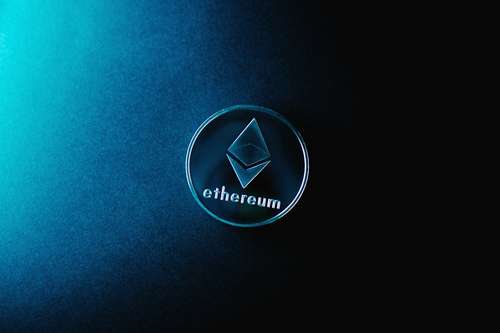
Layer 2 blockchains play a crucial role in the world of cryptocurrency. It appears that blockchains categorized as layer 1 have various problems. Some have exorbitant transaction fees, while others suffer from painfully slow transaction speeds.
Layer 2 protocols hope to bring solutions to these issues by improving scalability. With this in mind, continue reading as we share with you the top 5 layer 2 blockchains you should monitor.
Base

Base has arguably taken the limelight in terms of layer 2 blockchains. It is a product of the Coinbase domain and has witnessed massive growth within a few weeks of going live.
Coinbase boasts of having more than $130 billion in assets in its platform, according to its Q2 report. Base offers a platform where other protocols on the blockchain can connect to the Coinbase platform and benefit from the massive assets available.
Already, many protocol and DeFi projects are jumping to build on Base. Some of them are SushiSwap, Blockdaemon, Thirdweb, and many others. Already, this project saw massive growth after the daily active users on the L2 network hit a record high of 136,000. Furthermore, this layer 2 blockchain has amassed $164.87 million in total value of assets locked on its blockchain.
Mantle

Mantle is one of the layer 2 protocols that operate in the Ethereum blockchain. Apparently, this project mainnet was launched on the 17th of July and is one to keep an eye on.
Before the launch of their Mainnet, there was previously a testnet. As part of their procedures for the testnet, this project touched new levels that many layer 2 blockchains can't boast of. Mantle processed over 14 million transactions in the network, deployed more than 140,000 smart contracts and engaged 48,000 developers.
In addition, these projects successfully integrated 69,000 wallet addresses, with a monthly count of over 157,000 active wallet addresses. Please note that all of these were accomplished during the test net phase. Currently, the project has a $200M Mantle Ecosystem Fund dedicated to further development.
OpBNB

OpBNB is a layer 2 blockchain that the Binance Smart Chain itself spearheads. Apparently, like any layer 2 protocol, this one was created to help solve some of the scalability issues the BSC blockchain is having.
It was founded in June 2023 when the Binance Smart Chain announced its very own L2 solution, OpBNB. Created using the Optimism OP Stack, this crypto project is an open-source codebase. However, several modifications help it to solve the scalability issues that users often complain about for the BSC.
Some of the benefits users are getting from the launch of this crypto protocol are a decrease in transaction fees, higher transaction speeds, and a more productive ecosystem. It is a project to look out for, as it is backed by the biggest exchange in the world, Binance. In other words, the millions of Binance users are also among the target market.
Linea

Linea is an already made and developer-ready zkEVM rollup for scaling Ethereum dApps. In other words, this layer 2 blockchain protocol was created to help developers create their own distributed applications (dApps) on the Ethereum network.
Based on information provided by the project creators, they state that it has the potential to be the next big thing in cryptocurrency. One of the advantages of this protocol is its low transaction fees and latency, coupled with high throughput. The project claims that this layer 2 blockchain is able to offer these benefits because it is backed by the security of Ethereum.
Furthermore, it makes itself fully compatible with popular tools, infrastructure, IDEs, and wallets. However, note that their compatibility is kind of limited to MetaMask distribution and EVM equivalence. The Linea mainnet is already live and is growing to become one of the biggest thriving layer 2 blockchains.
Scroll

Scroll is an Ethereum-based EVM-equivalent Layer 2 scaling solution that uses the ZK technology for its operations. Like many layer 2s, this network aims to improve the speed of transactions on the Ethereum network. However, it is doing so while ensuring there's security.
Since launching its testnet, Scroll has grown to new levels, and only a few protocols within the zkEVM space can compete with it. It is definitely a layer 2 protocol to look out for due to the enormous promises and potential it packs. Moreover, many of these promises are already being implemented with positive results.



